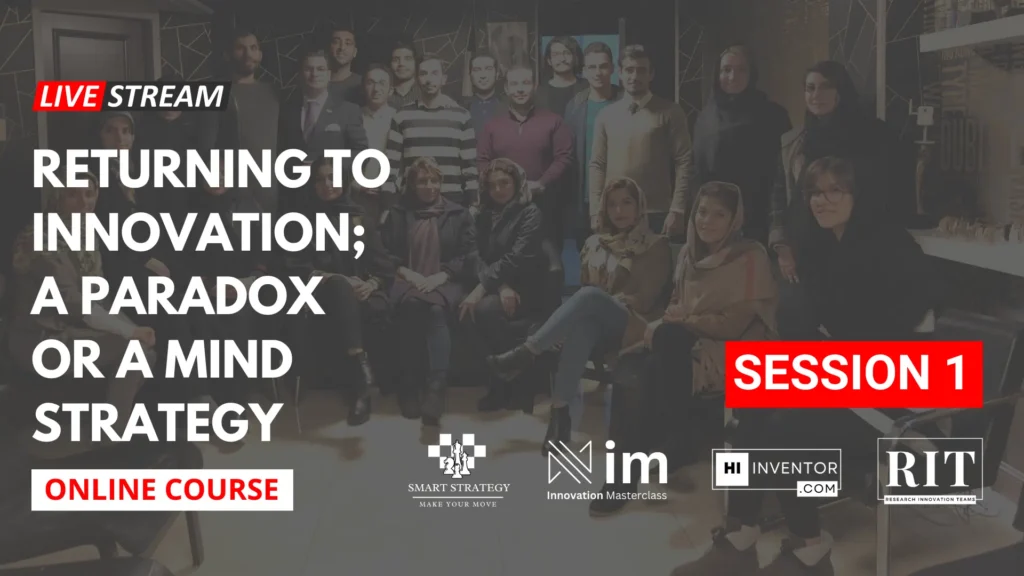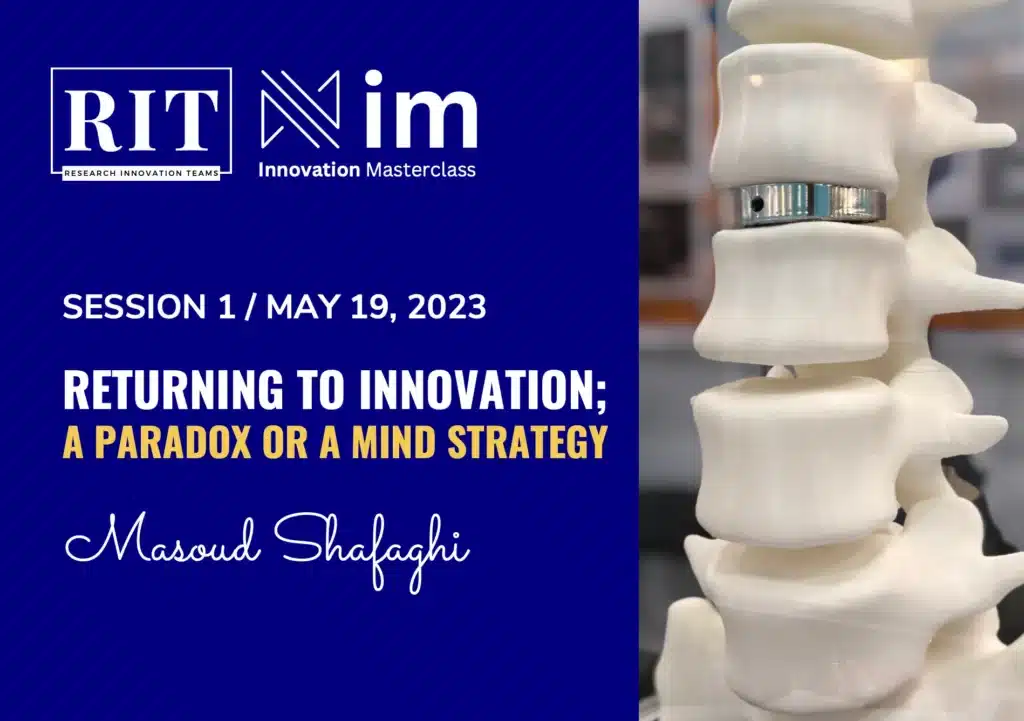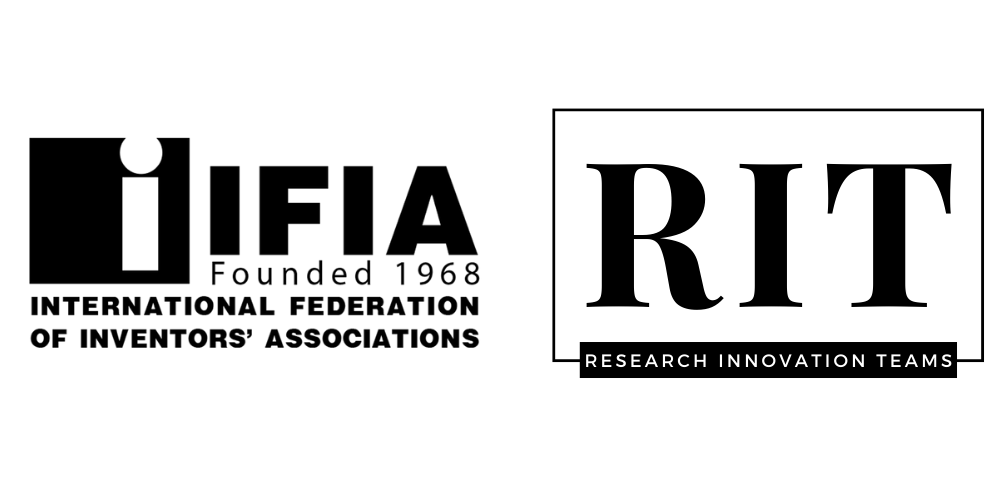Session 1 – Returning to Innovation; A Paradox or A Mind Strategy
May 19, 2023 | 10:00 - 16:30

Innovation is a key driver of economic growth and progress, and it has been responsible for some of the greatest breakthroughs in human history. However, in recent years, there has been a growing concern about the decline in innovation, as evidenced by declining rates of patent applications, investment in R&D, and the number of new startups. This has led many to wonder whether we have reached the end of the innovation era, or whether we need to rethink our approach to innovation. “Returning to Innovation; A Paradox or A Mind Strategy” is a thought-provoking article written by Masoud Shafaghi, Strategic Planning and Executive Office Manager of the International Federation of Inventors’ Associations, a renowned innovation expert and a member of IFIA Research Innovation Teams Department-RIT.
The article explores the paradoxical nature of innovation and suggests that the key to unlocking the full potential of innovation lies in adopting a new mindset and a new approach to innovation. The article begins by discussing the challenges that organizations face when it comes to innovation. Despite the best intentions and significant investment, many organizations struggle to generate meaningful innovation, with innovation projects often falling short of expectations or failing outright. This, Shafaghi argues, is due to the paradoxical nature of innovation – the fact that innovation is both predictable and unpredictable, both creative and systematic, and both incremental and disruptive. Shafaghi suggests that the key to overcoming this paradox lies in adopting a new mindset – one that is focused on experimentation, iteration, and learning. He argues that organizations need to be willing to take risks and experiment with new ideas, while also being willing to learn from their failures and adjust their approach accordingly. In this way, innovation becomes a process of continuous improvement, rather than a one-off event. To support this new mindset, Shafaghi also recommends a new approach to innovation, one that is based on collaboration, co-creation, and open innovation. He suggests that organizations should look beyond their own walls and work with external partners, including customers, suppliers, and even competitors, to co-create new solutions that meet the needs of all stakeholders. By doing so, organizations can tap into a wider pool of ideas, expertise, and resources, while also building a stronger ecosystem of innovation. Overall, “Returning to Innovation; A Paradox or A Mind Strategy” is a powerful call to action for organizations looking to reinvigorate their innovation efforts. It challenges conventional thinking about innovation and suggests a new approach that is based on experimentation, collaboration, and continuous learning. As such, it is a must-read for anyone interested in innovation and its role in driving economic growth and progress.




